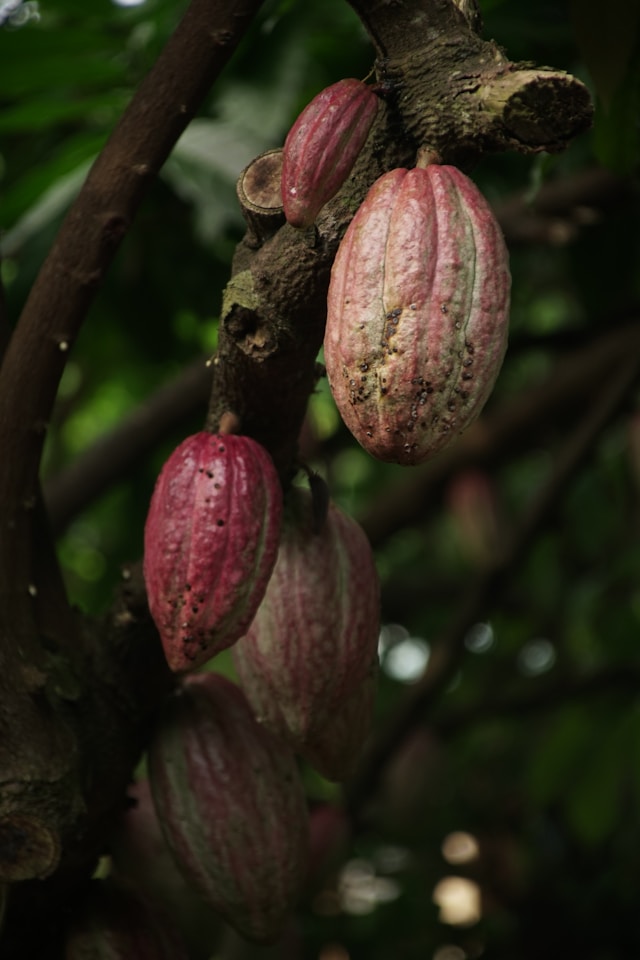Reviewing progress on the Sustainable Cocoa Programme (SCP), Abidjan held a top-level workshop led by the FAO Investment Centre and the European Union (EU) on March 18, 2025. Participants included Ivorian officials, the FAO, GIZ, the European Forest Institute (EFI), and the European Commission’s Joint Research Centre (JRC). Talks centered on developing a socially fair, ecologically responsible, and financially viable cocoa industry grounded in ensuring a fair wage for smallholder farmers.
The meeting looked at how to make the National Strategy for Sustainable Cocoa Farming (SNCD) work and how to make sure that things are in line with European rules, especially the EU Deforestation Regulation (EUDR) and the Corporate Sustainability Due Diligence Directive (CS3D).
Main Goals of SCP
The programme gives three things top priority:
- Raising farmers’ well-being and income.
- Fighting forest loss.
- Getting rid of child labour.
It backs the Decent Income Differential (DID) program, which Ghana started in 2019 to help farmers make more money. Regarding sustainability, cooperatives are testing the ARS 1000 African regional standard for cocoa production and sharing agroforestry knowledge with Cameroon.
A 2020 land-use map created with BNETD, FAO, JRC, and EFI helps in forest monitoring and early-warning systems protecting biodiversity areas like Bossmati and Mabi Yaya forests by means of better control of deforestation.
Crucial Economic and Strategic Role
Hervé Aka N’Zai of the EU-Côte d’Ivoire Cooperation Unit underlined cocoa’s significance: the industry employs more than six million individuals, accounts for 14% of GDP, and provides 45% of export revenue. The national vision seeks to create a value chain that protects human rights, especially against child exploitation, is environmentally friendly, and is financially viable for farmers.
Cote d’Ivoire has embraced a sustainable cocoa policy since 2022 to strengthen its position as the top cocoa exporter worldwide and to help small growers, women, and young people. Negotiations on an Agreement for the Facilitation of Sustainable Investment (AFID), with a specific cocoa annex described as the last piece in a long-term EU-Ivorian cooperation, were highlighted by Régis Meritan from the European Commission.
Investment Pledges
The Team Europe Initiative has promised 650 million euros to help the cocoa industry become more sustainable. With support from the EUs Global Gateway plan, the Banque Nationale d’Investissement and the European Investment Bank unveiled a 100 million alliance in January 2025 for youth employment, gender equality, and environmental responsibility.
Directly benefiting millions of Ivorians and advancing a sustainable, competitive cocoa sector, the 35 million EU-funded SCP includes partners including ILO, UNICEF,ENABEL, IOM, and NGOs like CIRAD, INKOTA, and IDEF.
Social Protection and Child Labour
In accordance with EU due diligence criteria, the SCP maps protection structures in Cavally, assists the Directorate for the Fight against Child Labour (DLTE), and enhances the Child Labor Monitoring and Observation System (SOSTECI) within the 2022 national child labour policy.
Farmer Support and Climate Action
Despite encouraging market trends, FAO Representative Joseph Nyemah cautioned of ongoing difficulties—price fluctuation and climate change—. The FAO’s role comprises fostering sustainable farming, deforestation monitoring, agroforestry training, and farmer capacity-building. With a $10 million Green Climate Fund award, active since 2020, helps 7,550 farmers (one-third women) in lowering emissions, increasing productivity, restoring forests, and safeguarding biodiversity.




